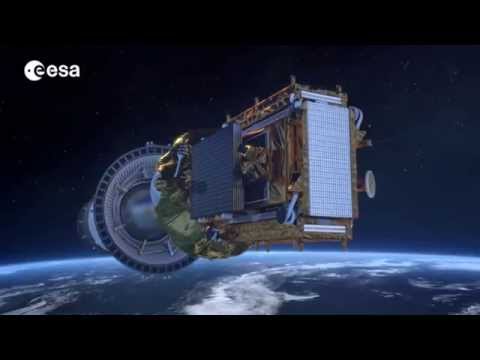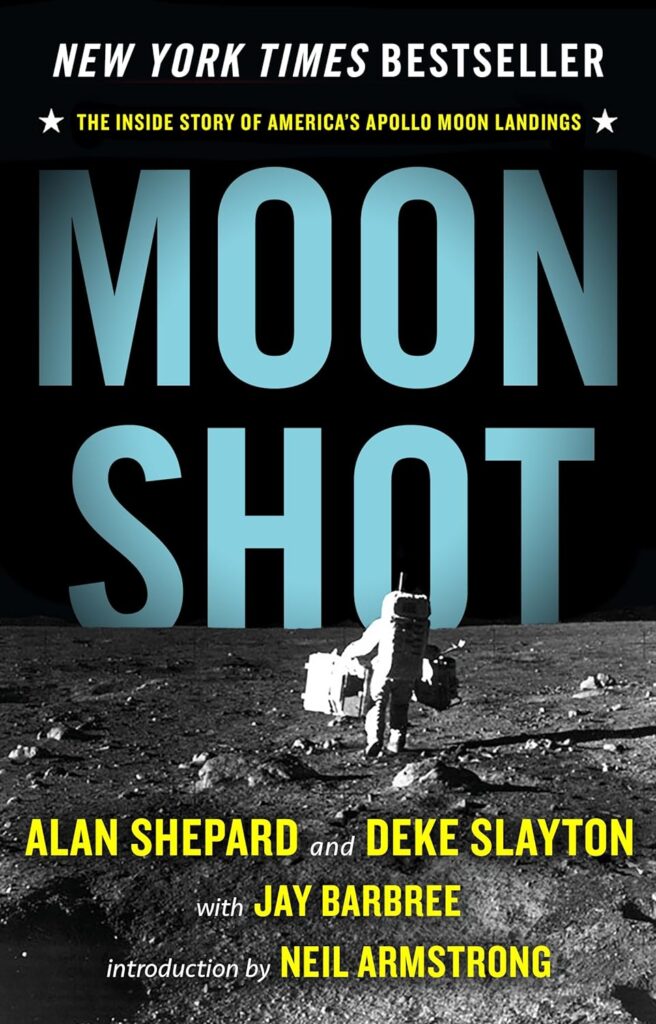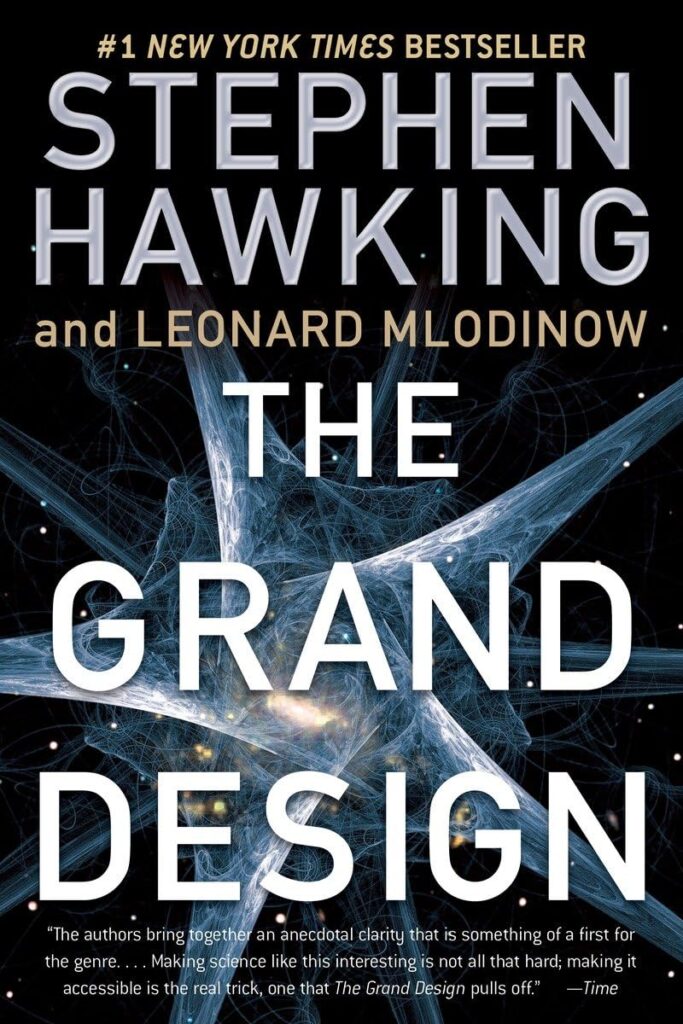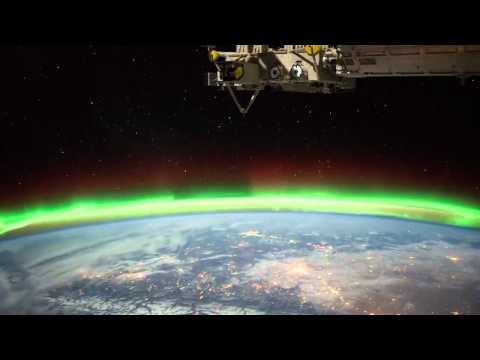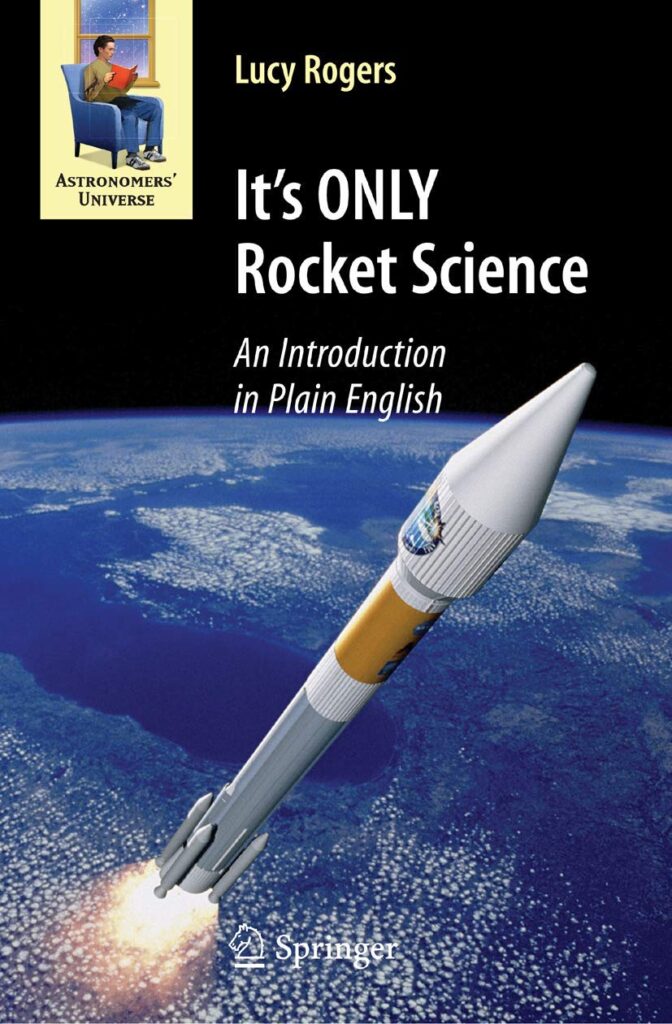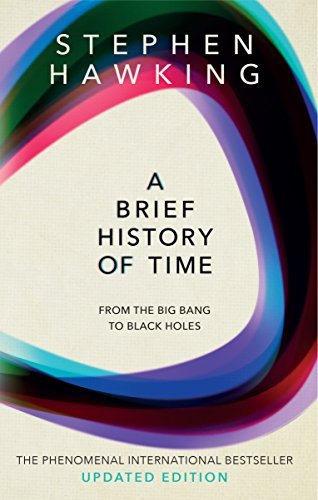Russian Robotic Space Exploration – Past and Future
My name is Mikhail Marov. I’m professor at the Vernadsky Institute at the Russian Academy of Sciences and also Academician and full member of the Russian Academy of Sciences. I’m doing many things, including scientific research, close involvement with the development and implementation of the Russian Space Program and also teaching. So, this is multiple activity. My principal interests are focused on the problems of Planetary Physics/ Sciences and Cosmogony. Cosmogony is just a term sometimes not well known to the Western people, but it’s very common in Russia, because, possibly, we’re rooted at the special process, related to Cosmogony. And that’s the general scope of the origin and evolution of stars and planets, so stellar planetary systems, including their early phases of formation and follow on evolution. Just histroically, I’ve been involved in many missions of the Russian Space Program. It was both the piloted program and robotic missions, but my principal interests were concentrated on piloted robotic missions and also around some theoretical studies. My basics is Mechanics. I graduated university with a mechanic speciality and this is what I’ve been doing throughout my career. So, I applied such knowledge not only in developing some theoretical fields in this area, specifically in hydrodynamics in physical kinetics and in the early stage its application to aeronomy, so the physics of our Earth and Space environment. Then, it was some kind of a smooth transfer to the Planetary Sciences, what I mentioned. I’ve been involved in our space program soon after it began, soon after the launch of the first satellite, with the Lunar Planetary missions. I was first working in Korolev Facilities Rocket and Space Cooperation, then I moved to the Soviet Academy of Sciences by personal invitation, issued by the former president of the Academy – Academician Keldysh. I assisted him, working in parallel like the Chief Department om Applied Mechanics in the Institute of Applied Mathematics. I also assisted Keldysh in the development and implementation of our space program. Because Keldysh was in charge of the Special Consult on Space exploration. Basically, it was just government level and he was responsible for all the space activities in the former Soviet Union. This was a great training for me. I just gained a lot of experience in this area working very closely together with many chief designers and the director of the leading institute. It was not only of great interest, but also of great responsibility to me, but it was also the greatest lesson learned – I assisted Keldysh and he guided me. So, I’ve just been very close co-worker to him for about 25 years. I just related to him like my great teacher. So, about the missions. It seems very difficult to list everyone, there was too many, but just to mention a few: I was very beneficial to take part in the mission with the new generation of space vehicles towards Venus and the Moon and Mars. For the Moon, it was just my close participation in the program, which was intended to run in parallel to Apollo program. I was quite active in the program, which was our greatest efforts for the landing of the first man on the Moon, the so called Moon race. But, we were very unfortunate along this track, because we lost, and I believed that is because of the prematured Korolev death in 1966. So, we felt soon after that that we won’t be the winners. So, we switched over to some more tangible opportunities to accomplish, at least partially, the goal of returning back to Earth samples from the Moon by the automatic vehicles. And also to land on the Moon surface the first Moon rovers. So, it was part of my activities just relating to the Moon, including some studies, I have some publications, of the Lunar soil returned from the Moon. My possibly principal activity was Venus and Mars program with robotic vehicles. I served as Project Scientist in all missions towards Venus and Mars. It was also my great opportunity, like a gift from my faith just to be a Principal Investigator for several experiments, which pioneered studies of Venus and Mars. I’m very much proud that it happened so that I’d be a part of absolutely fasntastic, so capable, skilled teams, which made possible soft landing and surviving on Venus surface under absolutely hostile conditions. We developed very advanced technology to accomplish this goal. Also, it was the first landing on the Mars surface. We weren’t quite fortunate to survive on Mars for long time, but we accomplished the main technological target – we just really achieved the goal of soft landing. There was, you certainly now, some great turmoil after the so called perestroika. We lost many things, we destroyed many facilities. That had a very bad impact on our Space program and industry. Right now, we’re trying to recover. And just answering your question, we’re trying to protect ourselves from these negative consequences and just to recover with a new search in our interests in the Planetary, Moon exploration and also with the piloted program, as well. Certainly, we’re trying and we’ve tried early, possibly, with lower responsibilities right now. I mean in the previous years with our study of Space and using scientific results for different applications, we were mostly motivated by the Cold War standards. It was chasing each other with Americans. For example, I still preserve a very good relationship with some collegues, whom I chased sitting on the both sides of the ocean. But the situation dramatically changed in the contemporary time. You’re completely right that the main motivation right now should be how to be beneficial to mankind, to our everyday standards and lives. So, this is the greatest responsibility, because the study of Space is not for the satisfaction of personal curiosity. This is much more important and generalized goal of making Space just serving our needs, serving even our security and making our life much better by using these Space achievements, technology, failities. So, these are extremely important philosophical questions. The people involved in the Space program, they should feel such kind of responsibility. Me, personally, just looking back to the history and my personal involvement, let me say, even contribution to the Space program, I should not complain on anything. I tried to be absolutely honest in this area, doing things, which certainly could have what they say a “double use”. That’s for sure, but we live in a quite complicated world. A world, which has not yet accomplished a sort of safety and of still not concerned, not disturbed environment. So, people involved in the new, modern, innovative technology, in robust engineering, they in some way are also dealing with some problems, which are of interest of military. This is not a secret, this is absolutely just routine approach, which is persued by every country, which is adressed like a Space-fairing countries. So, they’re doing something in order just to protect our world from the worst scenario – to be destroyed by the mankind being stupid. Well, again, it’s partially philosophical question. Just a personality not always can influence the high-level policy. I, personally, sometimes try to persuade some people even some decision makers, not the highest, but quite high level. And, well, I’m not sure that everyone of such structures is hearing me attentively, and that it’ll pursue with the same thinking like my own. The paradox is that technology development is motivated by the wish politicians to make superiority, to dominate in this area and to encourage scientist and technologists, certainly, better and better, progressively increment things how most efficiently to kill people. Crazy paradox. But throughout years, I was very much lucky to be very friendly with good collegue of mine Carl Sagan. Carl, really good friend of mine, he once, we were sharing some meal, he said:”Mikhail, what would you think, if somebody from other worlds visited us? Which questions we’d pose him?” Interesting. We discussed and I thought about that even more later. Certainly, based on the evolutionary process in our Universe, we could imagine there could be a civilization very much advanced compared to us, possibly thousands, million years. Well, no doubt they’d have accomplished absolutely fantastic technological capabilities. They’d be much better, familiar with the natural laws. We’re still in our childhood. While we’re so much proud of ourselves, we’re so deeply in digged in different kinds of extremely sophisticated scientific problems, say in Physics, Chemistry, Biology. But probably and even if this person from other world would be quite generous, they’d share their experience with us, share their knowledge. Is it important. Yes, for sure, but it’s possibly even most important to ask the question:”How by being so advanced and developed civilization they could survive?” Because we’re developing like technological civilization only during the last, possibly, 100-150 years. But we already face a lot of problems – problems with exhausting natural resources, with ecology and pollutions, contamination of our environment. And certainly just to rank, like being the first, social-economical-political problems. In order to evaluate, to assess a sort of probability how many technologically developed civilizations exist, we, first of all, just address the very simple, but very wisely developed by very good, again, collegue of mine, Frank Drake – American astronomer. He suggested some relationship, including, in order just to make such an estimate, a probability of actually finding intelligent life in the Universe. He included number of stars, number of planets around the stars, number of planets favourable, just capable of keeping very favourable climate conditions, so probability for life to originate, then favourable conditions for this life to develop and eventually to reach intellectual level like, say, us. But, the last term in this relationship, it’s just how long technologically developed civilization could survive. Even the most optimistic people usually place/put this term not more than 1000 years. Less optimistic couple hundred. I’ve never met even such optimists who’d put, say, 10 000, 100 000. So, civilizations like people are born, evolve and die. When will our civilization die? Could you answer the question? I think not. Me too. This is a great warning to us. And answering your question:How are we going to develop? How could we protect ourselves? And how to protect our future? Very interesting and very important in order to pursue with very wise policies. Otherwise, no chance to survive. And not because I’m so pessimistic, no, I’m realistic and I just very accurately observe what’s happening around us. Very important, but very complicated question. You know, the situation, unfortunately, dramatically changed during the last decades. My personal experience in teaching students by participation in educational programs is quite different from what I observe right now. At least in my country, the former Soviet Union, students were so much motivated to know more, to learn, to be taught and to apply their knowledge to the benefit of society. We sometimes worked for very negligible salaries. But we felt great satisfaction, that we were part of this great process and we benefited to society to the world development. Well, right now, I sometimes, very often, unfortunately, I meet people who are motivated by completely different standards. The first motivation being extremely problematic: how to earn more money and possibly, even, to enjoy personal life not thinking with other standards, which we’re very much concerned of. Well, I had no chance, unfortunately, to know very closely intacted Bulgarian students. I can judge based on my experience in Russia. In Russia, the situation has strongly, dramatically, I’d say, changed. I usually used to have 3 or 4 Postgraduates, like my aspirants, whom I guided, whom I helped to do their PhD. I’ve been very selective in this process. But right now I have only one. Previous years it was 2, 1 – no more. People are not very much motivated just to be involved in the Advanced Science. Sometimes they’re discussing: “Oh, my God!” And this is a responsibility of society, because people , even of a quite high scientific level, they’re paid negligible compared to some people doing routine work. Sometimes students discuss in such terms: “Oh, my God. I need to pay something like 20-30 years in order to learn more and to become a PhD and even higher and I’ll be paid less than a cleaner.” This is an absolutely stupid policy and I openly discussed in the different audiences. The people who gain important knowledge, who are capable to think and not only guide, but also motivate society, they should be paid reasonable and they should be appreciated by the society like the most important and the most valuable product of this society.


